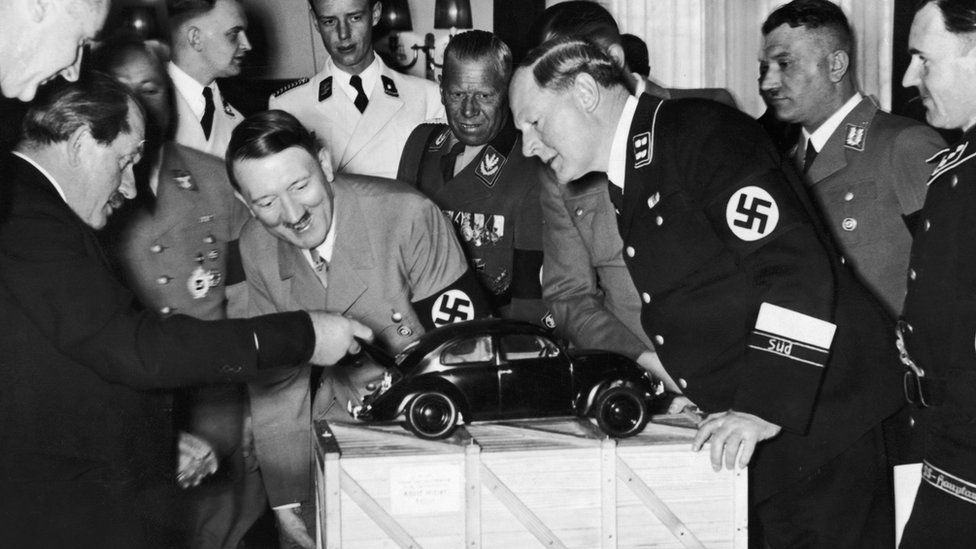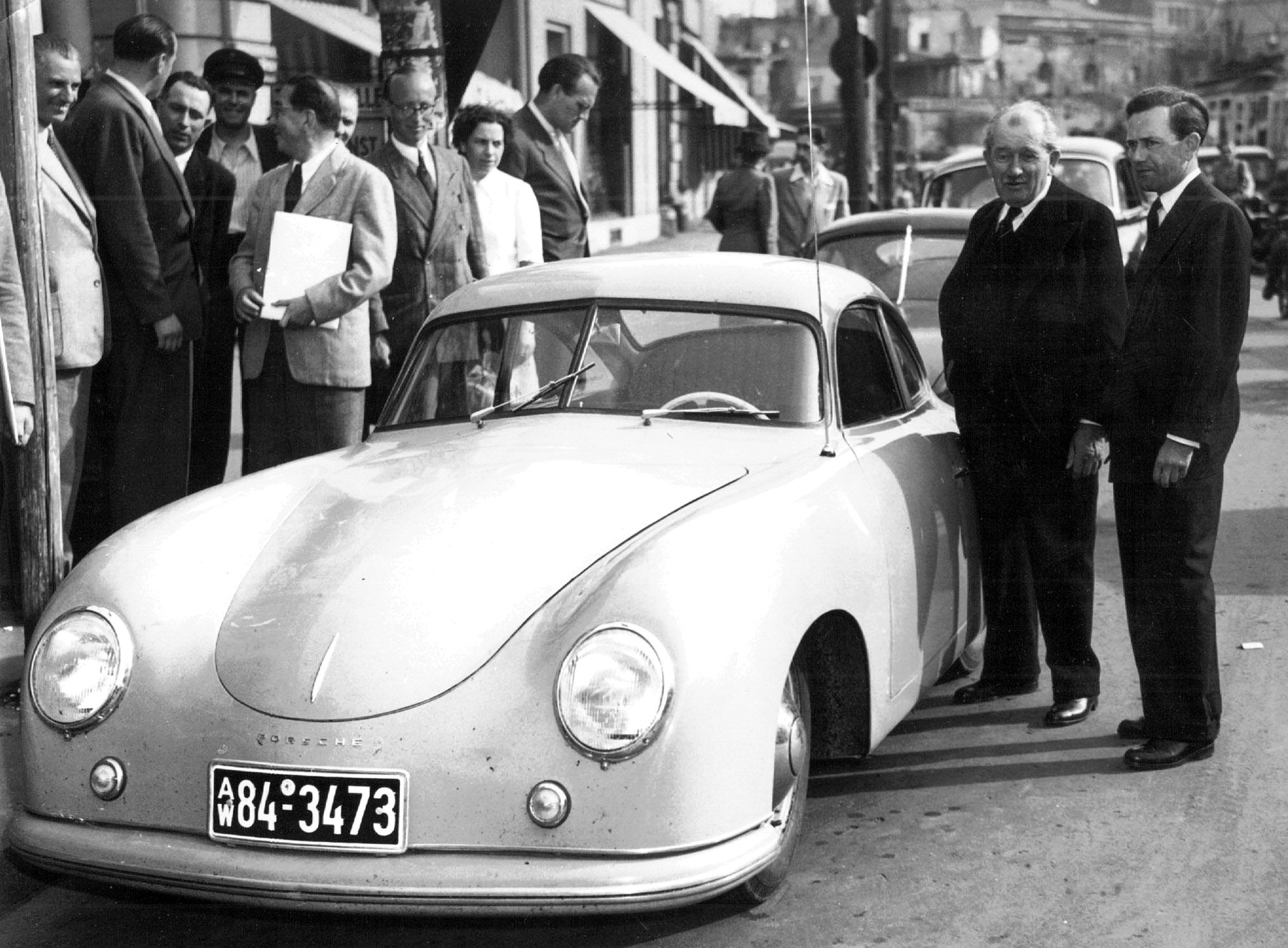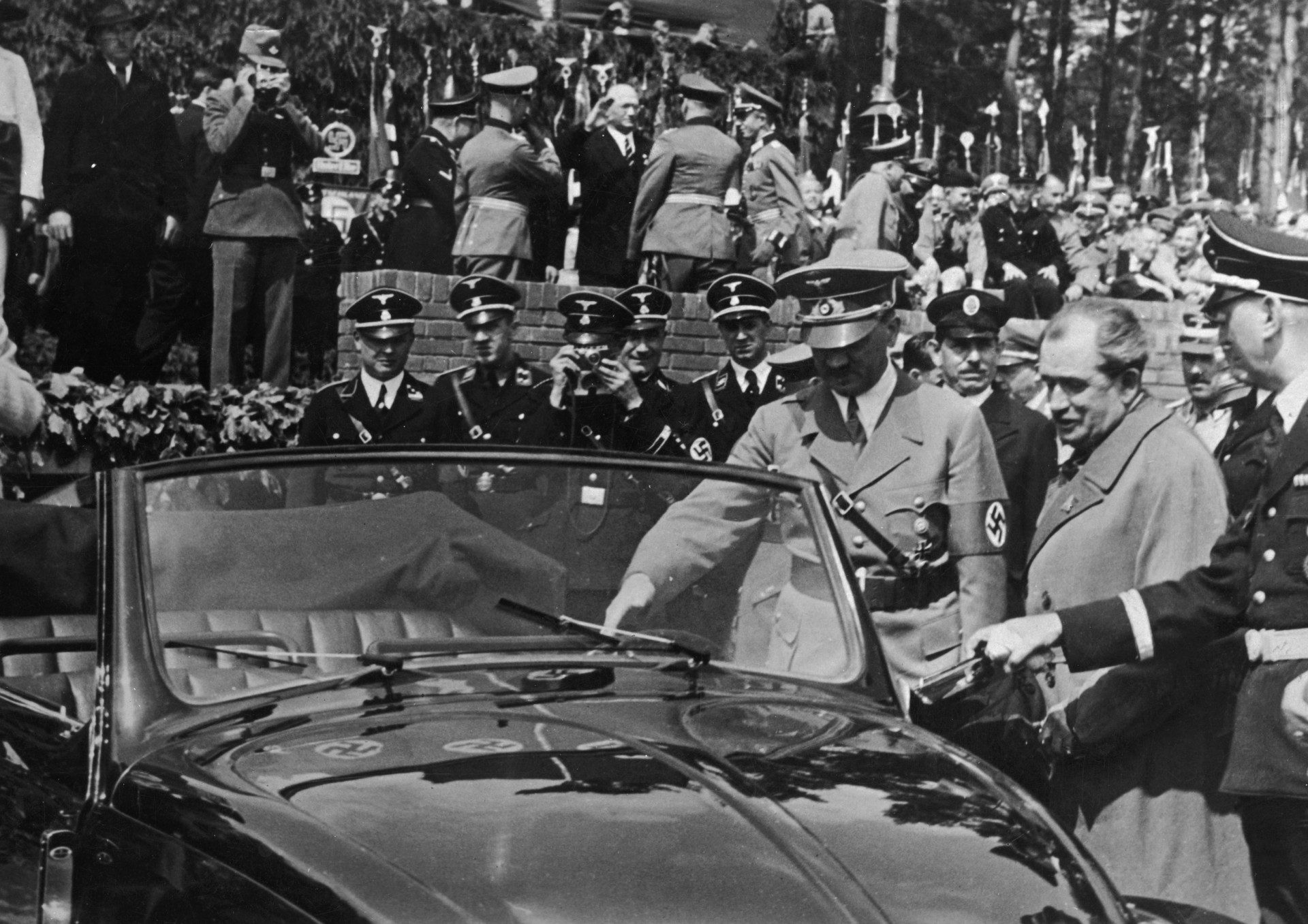The Controversial History Of Porsche And Hitler: A Deep Dive
Share

When discussing the automotive industry, few names evoke the same admiration and intrigue as Porsche. Founded by Ferdinand Porsche in 1931, the brand has a prestigious reputation for designing high-performance sports cars. However, the origins of Porsche are intertwined with a darker chapter of history: its relationship with Adolf Hitler and the Nazi regime. This post explores the complex connections between Porsche and Hitler and how they have shaped the brand's legacy.
The Birth of Porsche and Its Early Years

Porsche was initially established as a consulting company for vehicle development. Ferdinand Porsche’s engineering prowess attracted attention, and he garnered significant projects, notably for the Volkswagen Beetle. The inception of this iconic vehicle came at the behest of Hitler, who sought to create an affordable car for the German populace.
The term "Volkswagen" translates to "people's car," and it was Hitler's dream to produce an automobile for the masses, which would also serve as a symbol of German nationalism. He commissioned Ferdinand Porsche to design this vehicle, leading to the creation of the "Kraft durch Freude" (KdF) Wagen, or "Strength Through Joy" car. This connection between Porsche and Hitler marked the beginning of a controversial legacy that the company has grappled with ever since.
The KdF-Wagen: A Tool of Propaganda
The KdF-Wagen was more than just a car; it was a tool of propaganda. During the 1930s, Hitler envisioned a nation where all citizens could enjoy the benefits of personal transportation. The KdF-Wagen symbolized stability and prosperity, aligning itself with Nazi ideals. The production was largely funded by the government, and Hitler promised that the car would be affordable to everyday Germans.
However, the realities of World War II changed everything. Although production was initially scheduled to take off, the war effort diverted resources, turning the manufacturing sites into military production facilities. As a result, civilian production of the KdF-Wagen was significantly delayed. When the war ended, and the factory was taken over by Allied forces, the initial vision of the car became marred by associations with Nazi propaganda.
Ferdinand Porsche and His Relationship with Hitler

Ferdinand Porsche had a complex relationship with Hitler. As an accomplished engineer, he enjoyed the favor of the Nazi leader, who often sought Porsche's expertise for various projects. Still, there were disagreements on political matters. Porsche was primarily focused on engineering and business rather than political ideology, which occasionally created friction between him and the regime.
During the war, many Porsche workers found themselves in horrific conditions, including forced labor. The company’s association with the Nazi regime raises significant ethical questions. Even today, the relationship between Porsche and Hitler is often viewed through a critical lens due to the implications of forced labor during the period. While the brand has made attempts at reconciliation, addressing its past remains a sensitive issue.
The Legacy of Porsche in Modern Times

Fast forward to today, and Porsche has transformed into a global automotive powerhouse. With models like the 911 and the all-electric Taycan, the brand is synonymous with luxury, performance, and cutting-edge engineering. However, the company's past continues to influence its identity. In recent years, Porsche has sought to confront and acknowledge its historical ties to the regime, including developing educational initiatives and commemorations regarding the experiences of forced laborers.
Porsche has also participated in various reparative projects aimed at recognizing and redressing past injustices. By openly discussing its complicated history, the brand hopes to create a more transparent relationship with its consumers and historians alike. Porsche's dedication to restoring its reputation while keeping its storied past in mind is commendable, showing that the integration of history into a modern brand can have profound implications.
Conclusion: Understanding the Duality of Porsche's History
The story of Porsche is undeniably captivating, filled with innovation, elegance, and a rich automotive heritage. Yet, it is also a narrative intertwined with one of humanity's darkest periods. The connection between Porsche and Hitler serves as a reminder of the duality in history; how success can sometimes be shadowed by moral implications.
As Porsche continues to evolve, the company shows that history can be embraced while still being understood and learned from. The journey of Porsche reminds us of the complexity within the world of automotive engineering and the importance of acknowledging past missteps while striving for a brighter, more inclusive future.
Further Reading
For those interested in delving deeper into the complicated history of Porsche, there are various resources available, including books, documentaries, and articles that provide a comprehensive account of the brand’s origins and its ongoing transformation.
By understanding the intricate history of Porsche and its relationship with Hitler, car enthusiasts can appreciate not just the beauty of these machines, but also the stories behind them—stories that help shape the very definition of what it means to navigate the roads of history.
